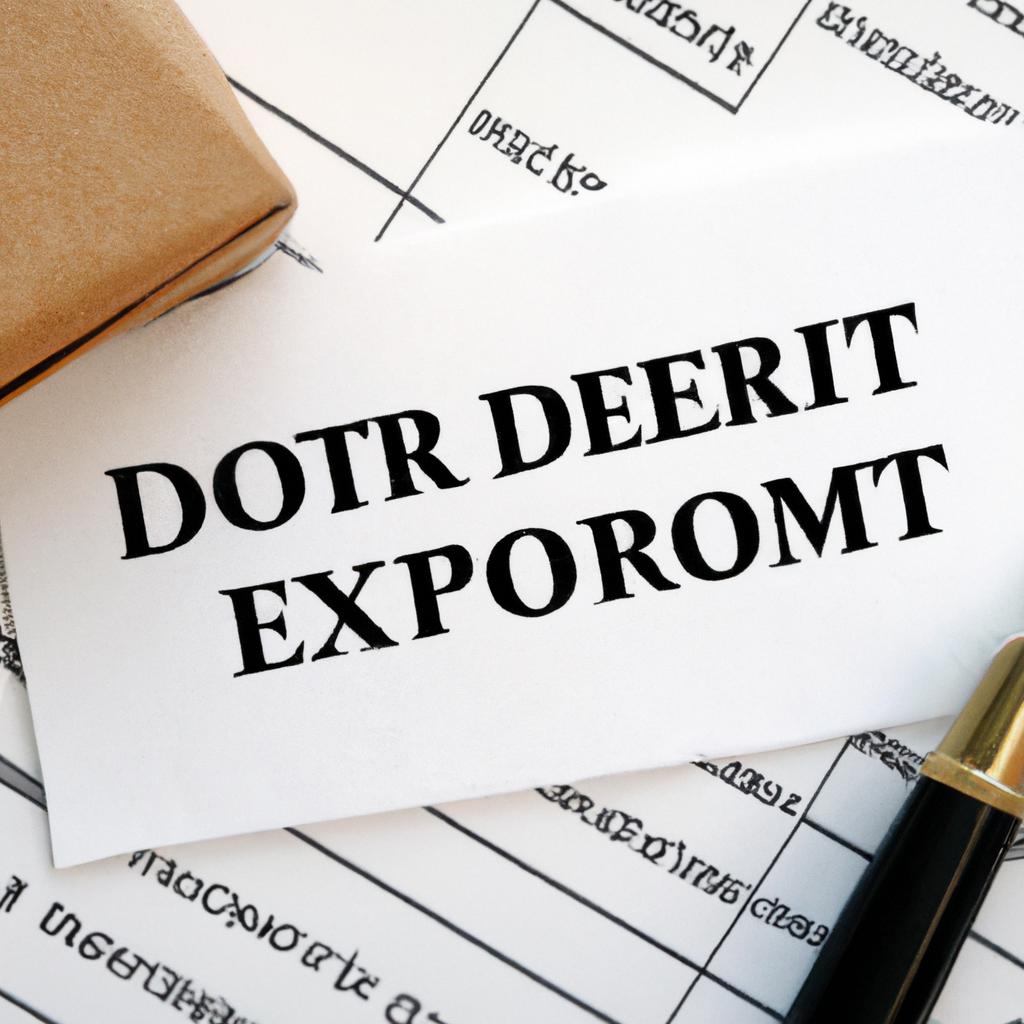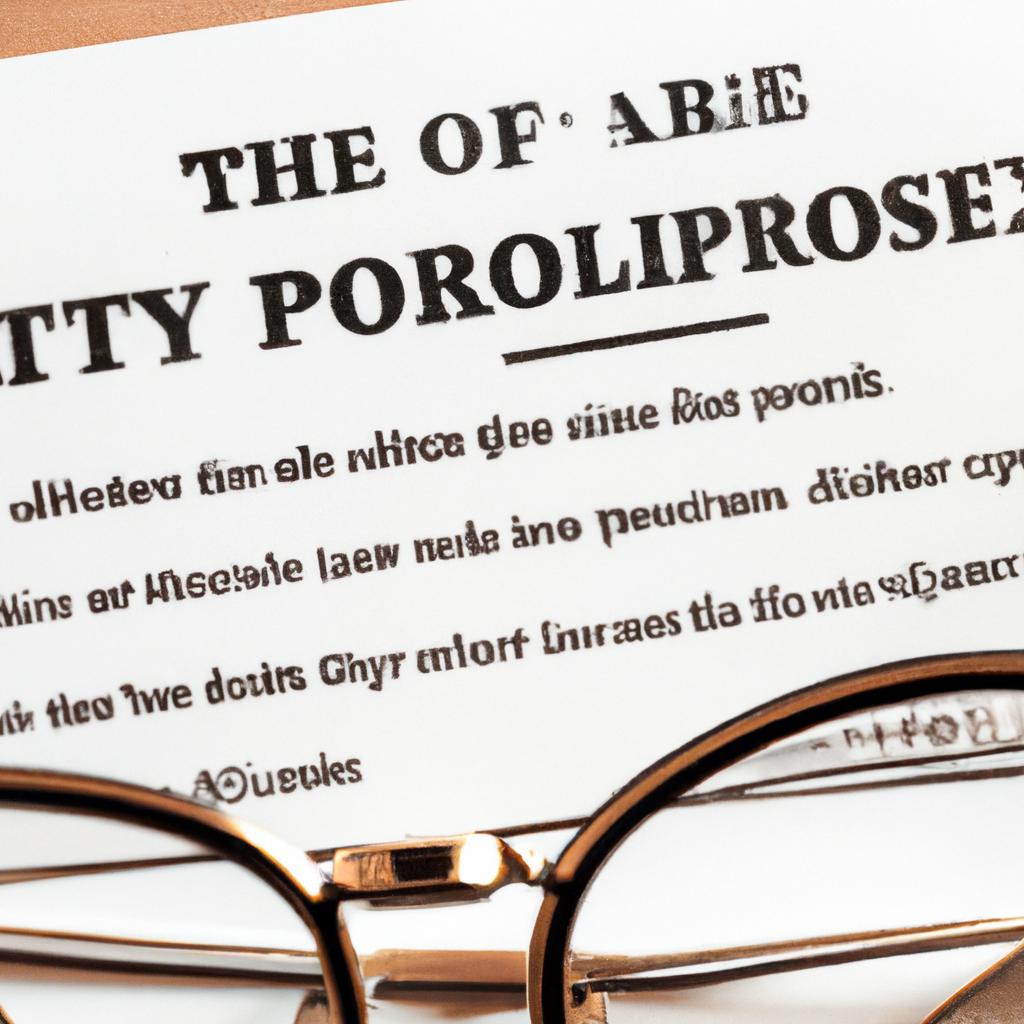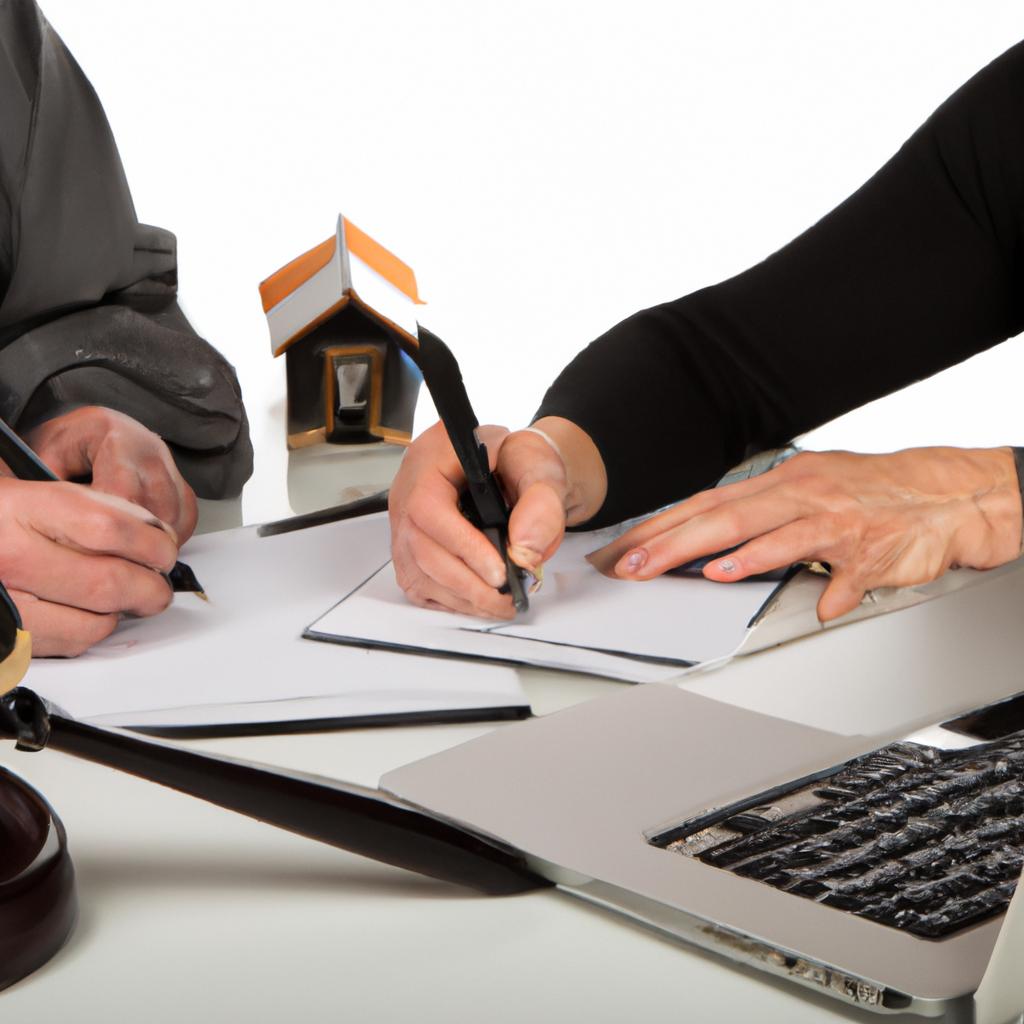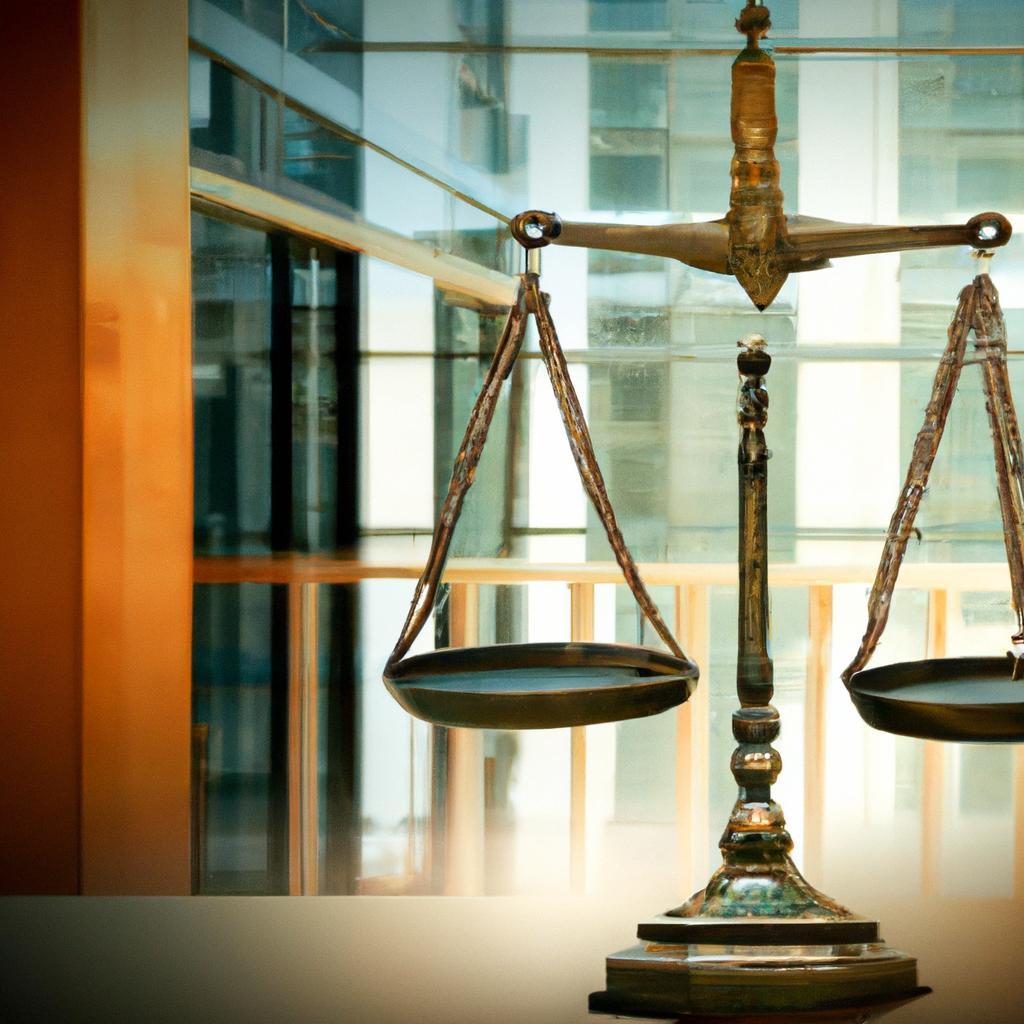As experienced lawyers specializing in estate planning, probate, elder law, Wills, and trusts at Morgan Legal Group in New York City, we understand the importance of having a secure and accurate deed for your home. The process of obtaining a deed to your house may seem daunting, but rest assured, we are here to guide you through the necessary steps with ease and precision. In this article, we will explore the essential details of how and where to obtain a deed to your property, ensuring your ownership rights are protected and validated.
Locating the Deed to Your Property
Finding the deed to your property is vital in ensuring that you have legal proof of ownership. There are a few places you can locate this important document:
County Recorder’s Office
One of the most common places to find the deed to your property is at the county recorder’s office. This office keeps records of all property transactions within the county, including deeds.
Online Land Records Database
Many counties now offer online land records databases that allow you to search for and download a copy of your deed. Simply enter your property information and you should be able to access the document easily.

Understanding the Importance of a Deed in Real Estate Ownership
When it comes to real estate ownership, having a deed is crucial. A deed is a legal document that transfers ownership of a property from one party to another. It serves as proof of ownership and helps protect your rights as a property owner. Without a deed, you may encounter difficulties in proving your ownership of the property.
So, where do you get a deed to your house? The deed to your house is typically filed with the county recorder’s office where the property is located. You can obtain a copy of your deed from the county recorder’s office, or you can contact a real estate attorney to help you retrieve your deed. It is important to keep your deed in a safe place, such as a safe deposit box, to prevent it from being lost or damaged.

Obtaining a Copy of Your Property Deed
When looking to obtain a copy of your property deed, there are a few key steps you need to take to ensure you have the necessary documentation in hand. First and foremost, it is important to understand what a property deed is and why it is crucial to have a copy of this document. A property deed is a legal document that proves ownership of a specific piece of real estate. It outlines the details of the property, such as its legal description and boundaries, as well as the names of the current owner(s).
There are several ways in which you can obtain a copy of your property deed, including:
- Contacting the county recorder’s office where the property is located
- Requesting a copy from the title company that handled the closing of your property purchase
- Checking with your mortgage lender, as they often keep a copy of the deed on file
If you are unsure of how to proceed or need assistance in , don’t hesitate to reach out to our experienced team at Morgan Legal Group. We specialize in estate planning, probate, elder law, Wills, and trusts, and can provide you with the guidance you need to ensure your property ownership is properly documented.

Consulting with a Real Estate Attorney for Deed-related Matters
When seeking a deed to your house, it is essential to consult with a real estate attorney to ensure that all matters related to the deed are properly addressed. A real estate attorney can provide valuable guidance and assistance in navigating the complexities of property ownership and transfer. By working with a knowledgeable attorney, you can ensure that your rights and interests are protected throughout the deed-related process.
Real estate attorneys can help with a variety of deed-related matters, including but not limited to:
- Reviewing and drafting deeds
- Ensuring proper recording of the deed
- Resolving title issues
- Addressing disputes related to the deed
Additionally, a real estate attorney can offer expert advice on the best course of action to take regarding your deed and can represent you in legal proceedings if necessary. When it comes to something as important as your property ownership, consulting with a real estate attorney is always a wise decision.
Q&A
Q: Where can I get a deed to my house?
A: You can obtain a copy of your deed from the county recorder’s office where your property is located.
Q: How do I know which county recorder’s office to contact?
A: The county recorder’s office is typically located in the county courthouse or administration building. You can also search online for the specific office based on your property’s address.
Q: What information will I need to provide in order to obtain a copy of my deed?
A: You will need to provide your property’s parcel number, legal description, and/or owner’s name to the county recorder’s office.
Q: Is there a fee for obtaining a copy of my deed?
A: There may be a small fee associated with obtaining a copy of your deed from the county recorder’s office. The fee amount varies by county.
Q: Can I request a copy of my deed online?
A: Some county recorder’s offices may offer the option to request a copy of your deed online. Check with your specific county recorder’s office for more information on their online services.
Insights and Conclusions
In conclusion, obtaining a deed to your house is a crucial step in ensuring ownership and protection of your property rights. By following the necessary procedures and seeking guidance from your local government or a real estate attorney, you can easily obtain a copy of your deed and safeguard your investment in your home. Remember, a deed is not just a piece of paper - it represents your place in the world, your home, and all the memories contained within its walls. So take the time to secure your deed and enjoy peace of mind knowing that your home is truly yours.
 Where Do I Get a Deed to My House: A Comprehensive Guide for Homeowners
Where Do I Get a Deed to My House: A Comprehensive Guide for Homeowners
As a homeowner, one of the crucial documents you need to have in your possession is the deed to your house. This document serves as proof that you are the legal owner of your property and outlines important information such as the property’s legal description and any existing liens. But if you’re wondering where do you get a deed to your house, this article is here to guide you through the process.
In this comprehensive guide, we will explain everything you need to know about getting a deed to your house, including the different types of deeds, where to obtain them, and what to do if you lose your deed.
Understanding Deeds
Before we dive into where to get a deed, let’s first understand what it is and why it is essential.
A deed is a legal document that transfers the ownership of a property from one person to another. It is signed by both the seller and the buyer and notarized to make it legally binding. There are different types of deeds, and the type you receive will depend on the circumstances of the property transfer.
The two most common types of deeds are warranty deeds and quitclaim deeds. A warranty deed guarantees that the seller owns the property and has the right to transfer the title. It also promises that the property is free from any liens or other claims. On the other hand, a quitclaim deed transfers the seller’s interest in the property to the buyer without any warranty or guarantees.
Where to Obtain a Deed to Your House
Now that you know the importance of a deed let’s discuss where you can obtain it.
1. From the County Recorder or Registrar.
One of the most common ways to get a deed to your house is through the County Recorder or Registrar’s office. When you purchase a property, the deed will be recorded in this office, making it a public record. You can obtain a copy of your deed by visiting the office in person or by requesting it through mail. Some County Recorder also offers online access to the deed for a small fee.
2. From a Title Company.
Another option is to obtain a deed from the title company that handled the closing of your property. They will have a copy of your signed and notarized deed, and you can request a copy from them.
3. From Your Mortgage Lender.
If you took out a mortgage to purchase your property, your lender may also have a copy of your deed. They typically keep this document in their records for as long as you have a mortgage with them.
4. From a Real Estate Attorney.
If you worked with a real estate attorney during the sale of your property, they will also have a copy of your deed. You can reach out to them and request a copy.
What to Do if You Lose Your Deed
Losing your deed can be a stressful experience, but there are steps you can take to obtain a new one.
1. Retrace Your Steps.
The first thing to do is to retrace your steps and try to remember when you last had the deed. Check your files, safe, or storage areas to see if you misplaced it. If you recently moved, make sure to check all your moving boxes.
2. Obtain a Certified Copy.
If you can’t find your original deed, the most common solution is to get a certified copy from the same place you obtained the original. This could be the County Recorder’s office, the title company, your mortgage lender, or your real estate attorney.
3. File for a “Quiet Title” Lawsuit.
If none of the above options work, you can file for a “quiet title” lawsuit. This legal action will help to establish and confirm your ownership of the property in the absence of a deed. It does require time and money, so it should only be considered as a last resort.
In Conclusion
Having a deed to your house is crucial to prove your ownership and protect your property rights. If you are unsure where to get a deed, you can always reach out to the professionals who handled your property’s sale, such as the County Recorder, title company, mortgage lender, or real estate attorney.
Make sure to keep your deed in a safe and easily accessible place to avoid the stress of losing it. And in the unfortunate event that you do lose it, follow the steps outlined above to obtain a new one. With this guide, you now have the knowledge to confidently answer the question: “Where do I get a deed to my house

